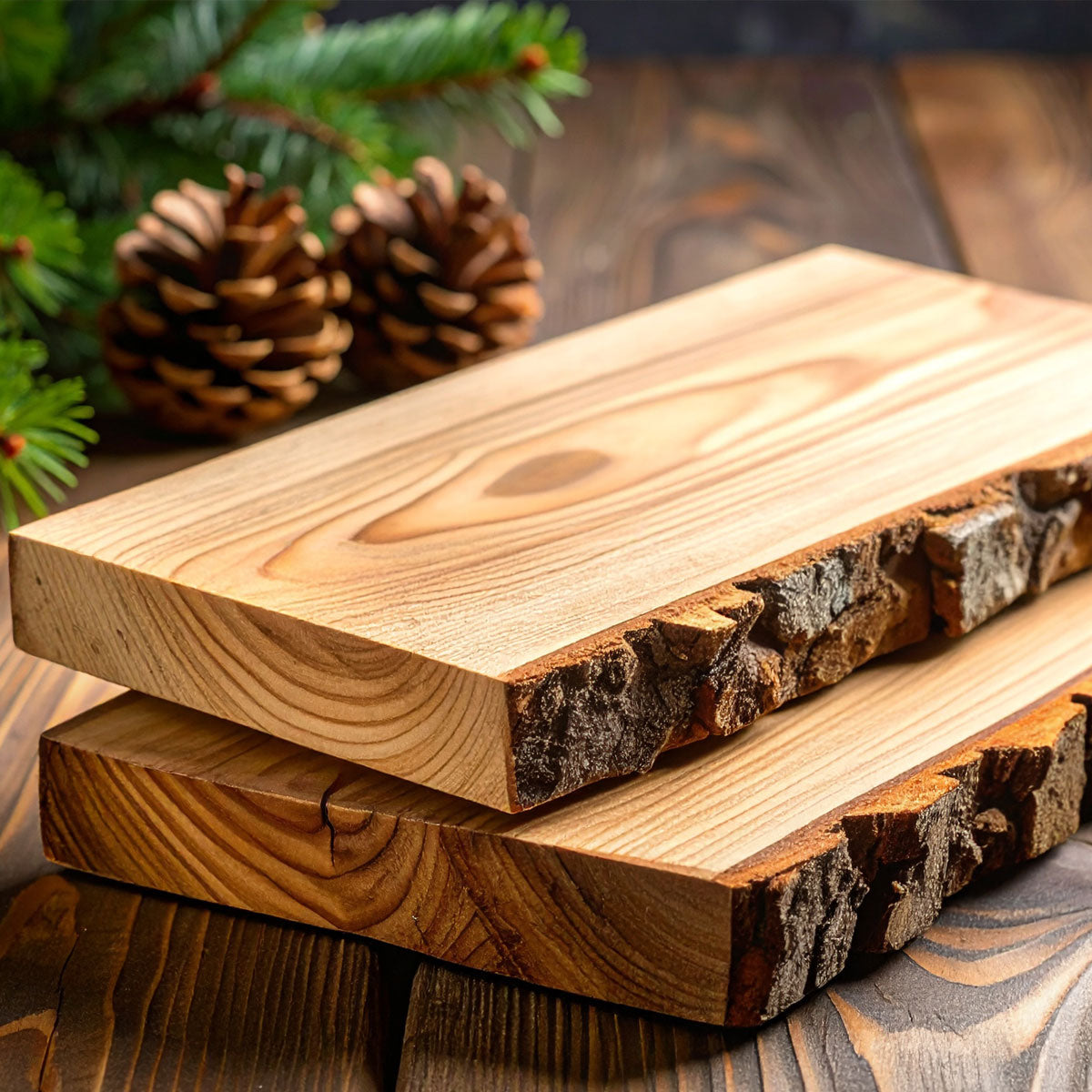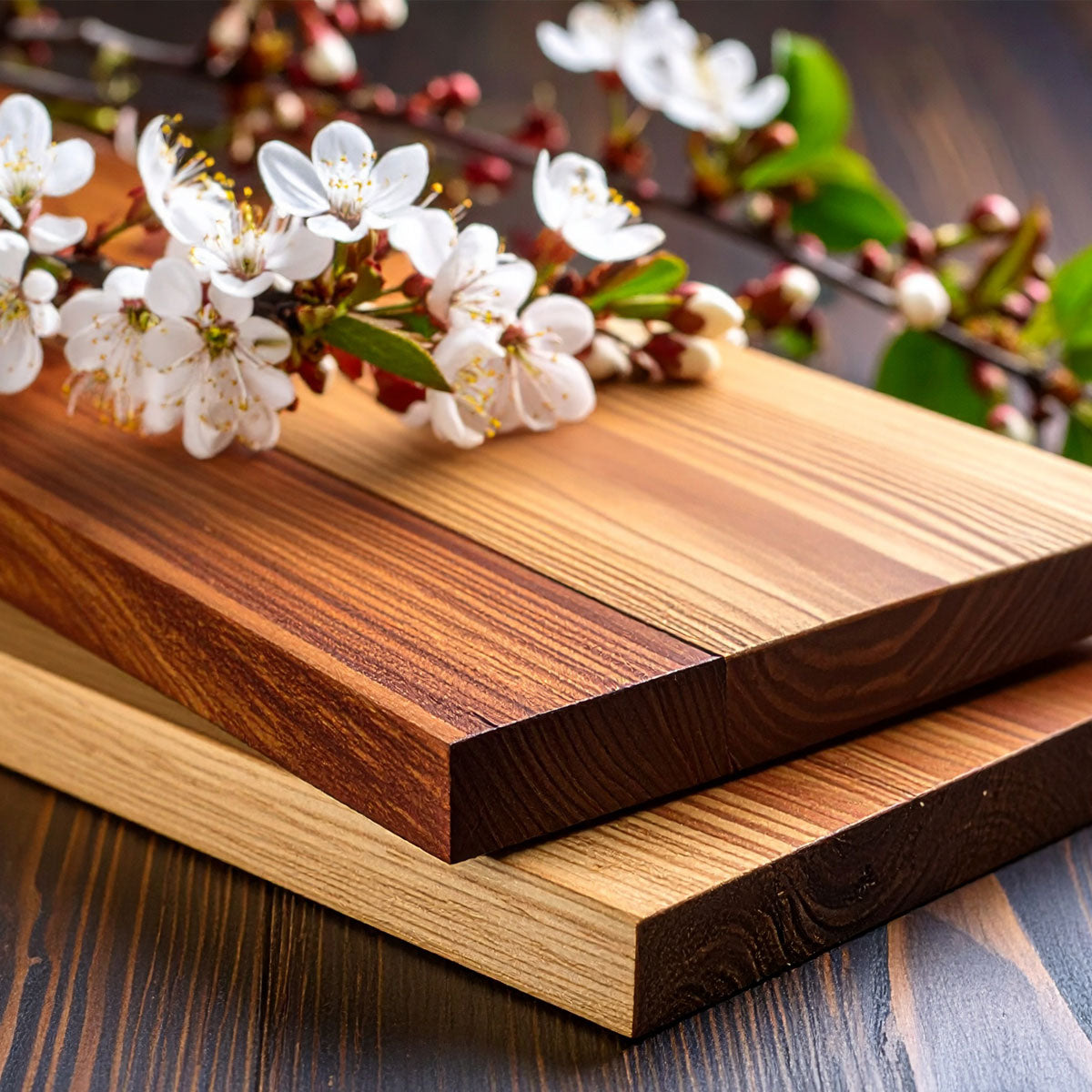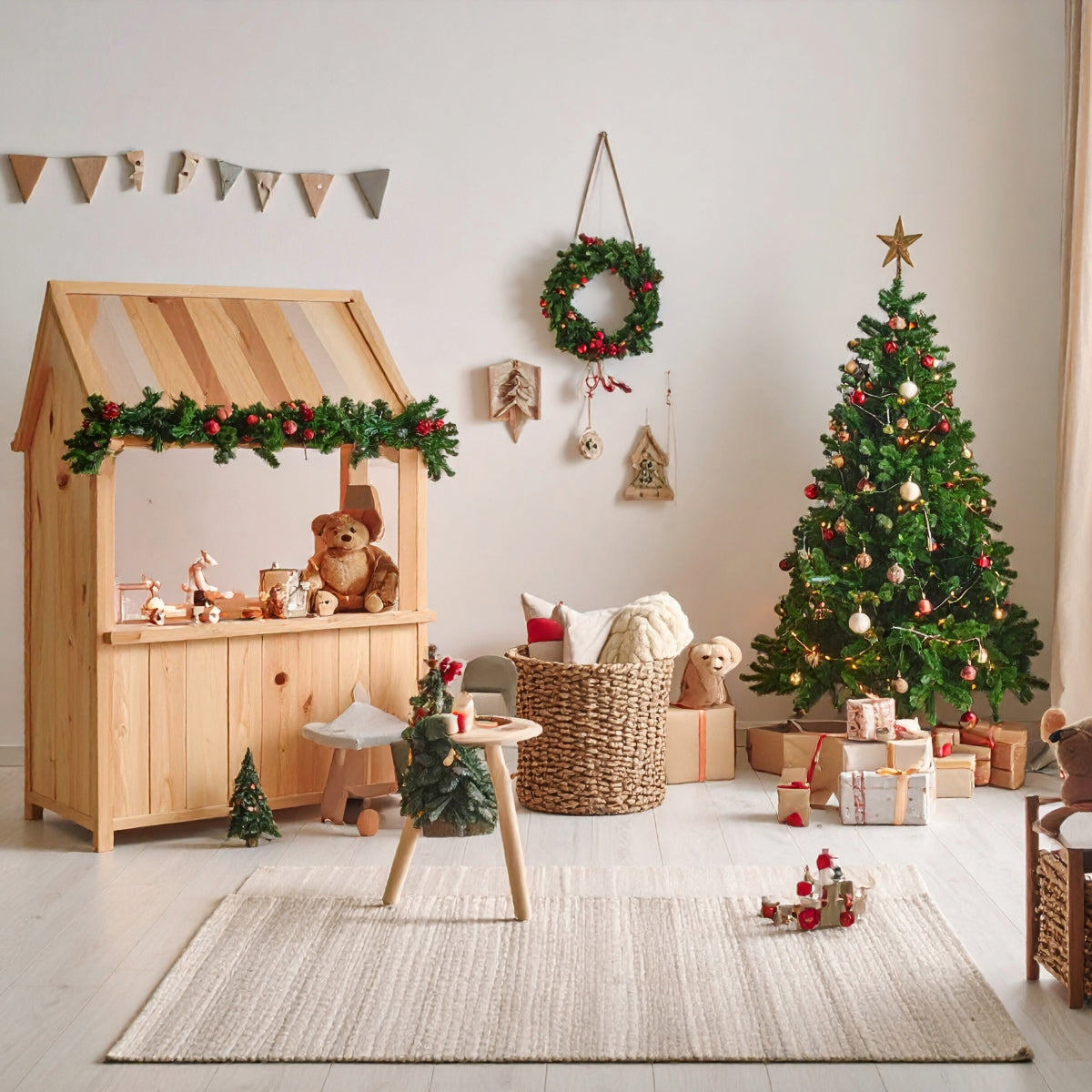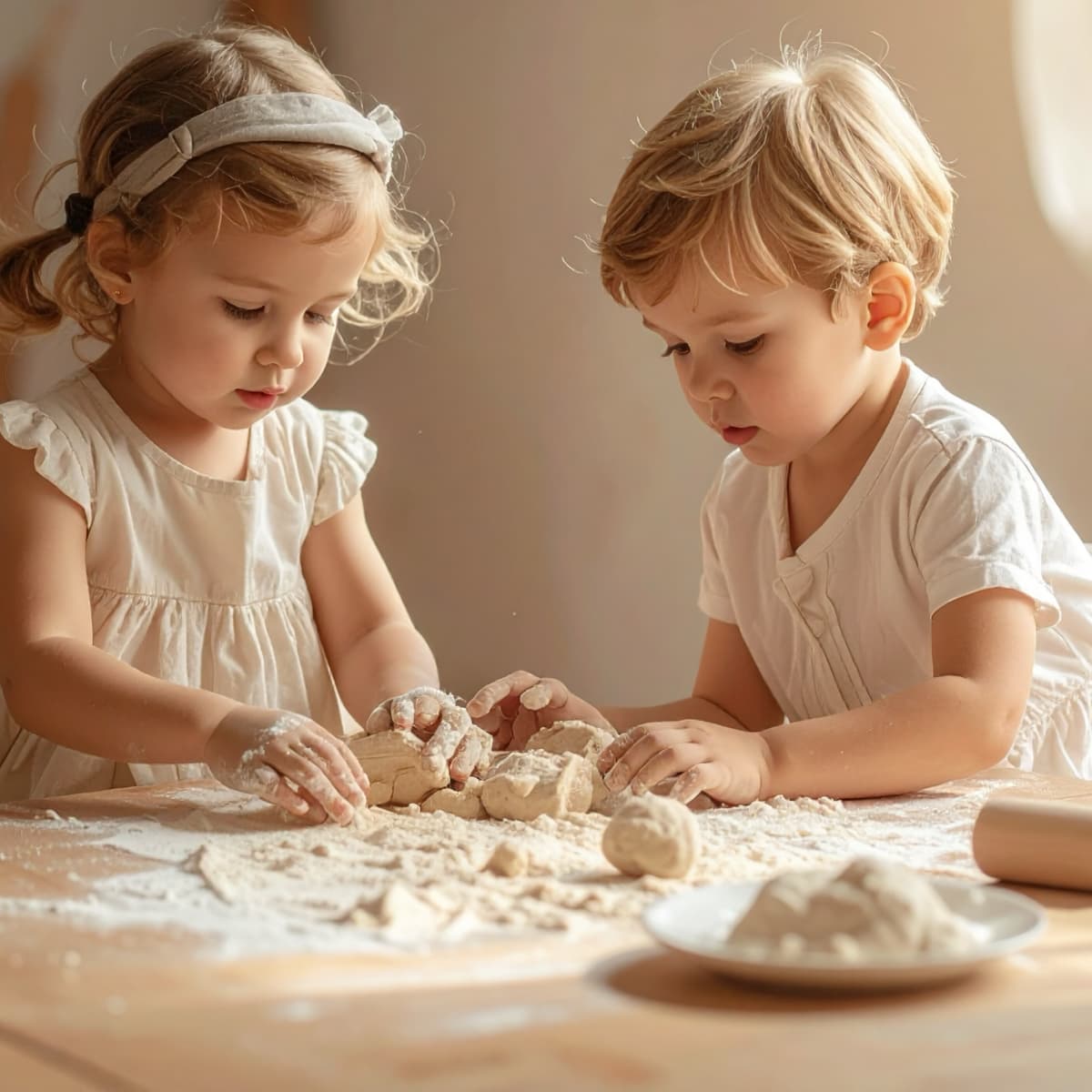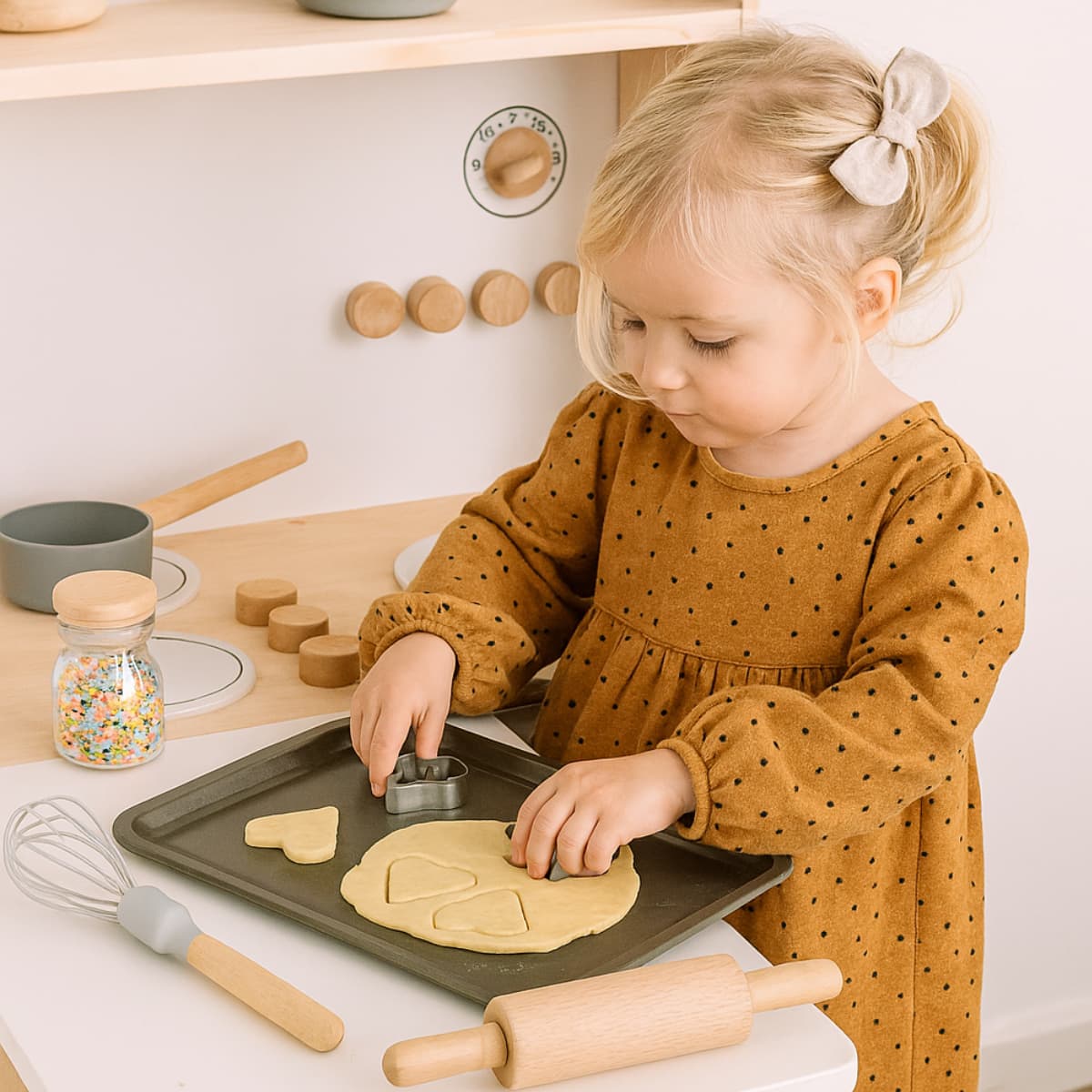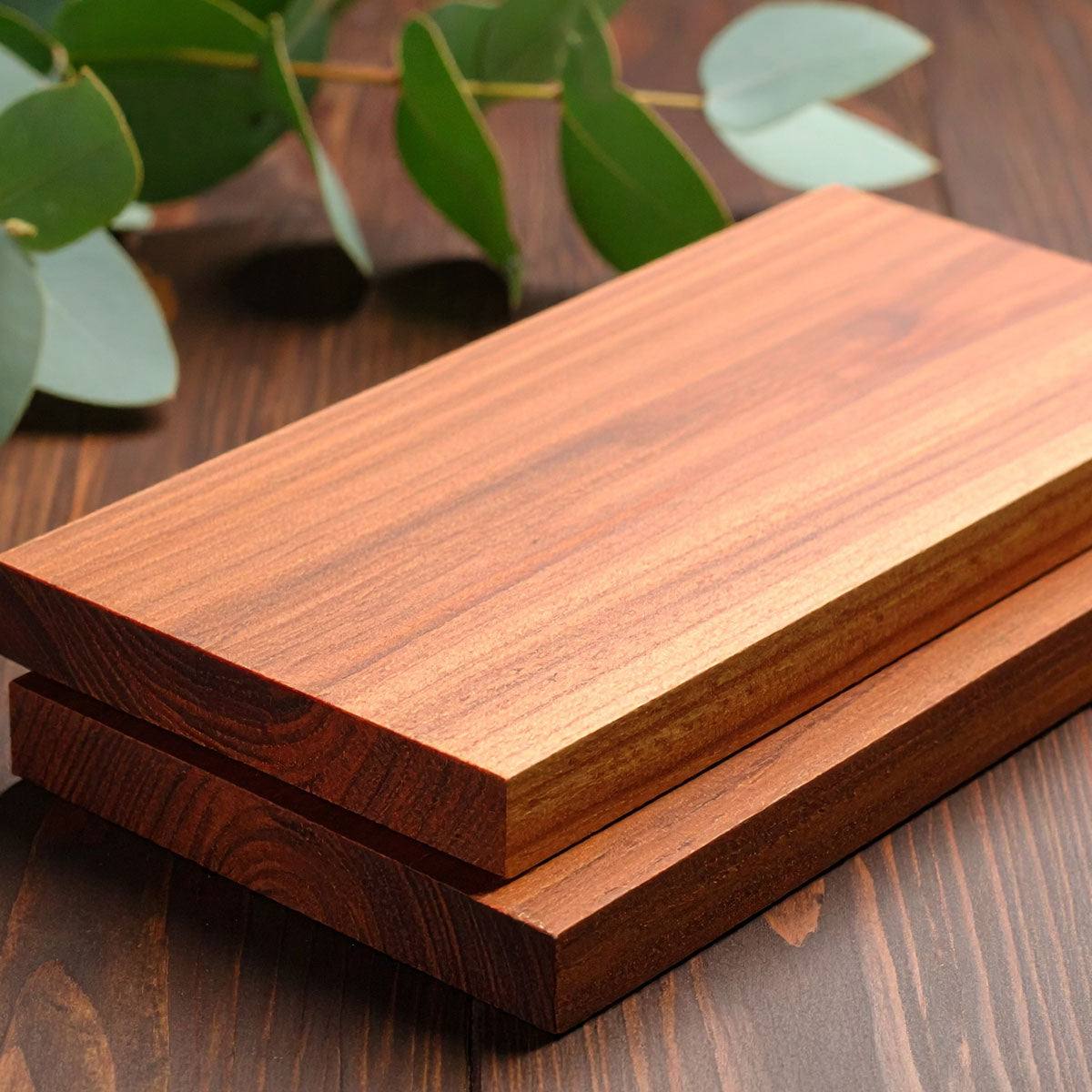
Eucalyptus
Eucalyptus Wood – Properties, Uses & Special Features
Eucalyptus wood comes from deciduous trees of the Eucalyptus genus, originally native to Australia, Tasmania, and New Guinea. With over 800 species, eucalyptus is one of the most diverse and widely cultivated hardwoods worldwide. Its wood is hard, durable, and decorative – increasingly used for furniture, play equipment, and sustainable products.
Origin & Species
-
Genus: Eucalyptus
-
Common species: E. globulus, E. grandis, E. camaldulensis, E. saligna
-
Distribution: Australia, Brazil, India, China, Africa
-
Sustainability: fast-growing, often from certified plantations (FSC, PEFC)
Appearance & Structure
-
Color: light reddish to dark brown, often with a warm sheen
-
Grain: distinctive, sometimes wavy or striped – similar to beech or ash
-
Surface: dense, smooth, difficult to oil – but visually elegant
-
Special feature: contains natural oils and tannins – protects against pests
Technical Properties
| Feature | Description |
|---|---|
| Hardness | High – Brinell approx. 16–29 N/mm² |
| Density | Approx. 480–980 kg/m³ – varies by species |
| Workability | Good for sawing, planing, gluing; pre-drilling recommended |
| Elasticity | High – strong in bending and compression |
| Durability | Class 2–4 – weather-resistant but requires care |
| Drying | Requires caution – prone to cracking |
Applications
-
Furniture: garden furniture, design pieces, solid wood panels
-
Play equipment: outdoor toys, sandboxes, climbing structures
-
Toys: dollhouses, play kitchens, vehicles – often combined with other woods
-
Construction: decking, window frames, doors
-
Musical instruments: didgeridoos, percussion
-
Paper industry: pulp from fast-growing species
-
Decorative: wall cladding, sculptures, veneers
Advantages
-
High hardness and resilience
-
Natural resistance to fungi and insects
-
Attractive appearance – warm, elegant, decorative
-
Sustainable – often plantation-grown
-
Suitable for demanding outdoor applications
Disadvantages
-
Requires regular maintenance – oiling essential
-
Difficult to treat – poor absorption of oils and varnishes
-
May react with iron – causes discoloration
-
Grays over time without protection
-
Less suitable for toddler toys – due to tannins and density
Conclusion
Eucalyptus wood is a versatile, hard hardwood with decorative grain and high durability. It’s ideal for long-lasting furniture, play equipment, and outdoor products – provided it’s properly maintained. In toy making, it’s best used for robust items like play kitchens or garden toys, rather than for baby products.

